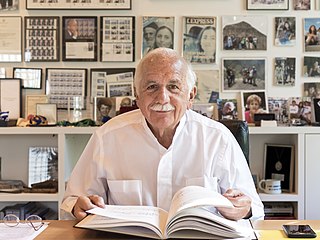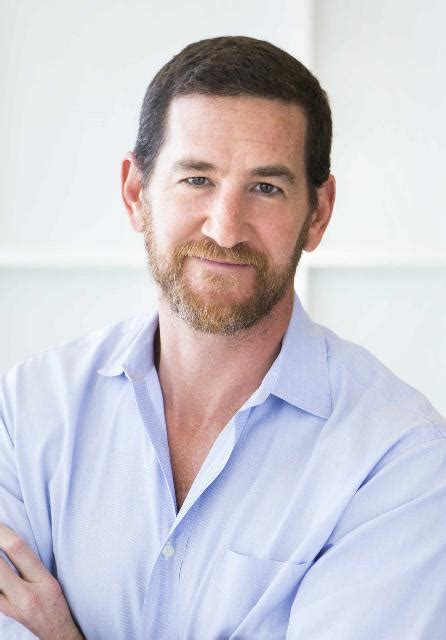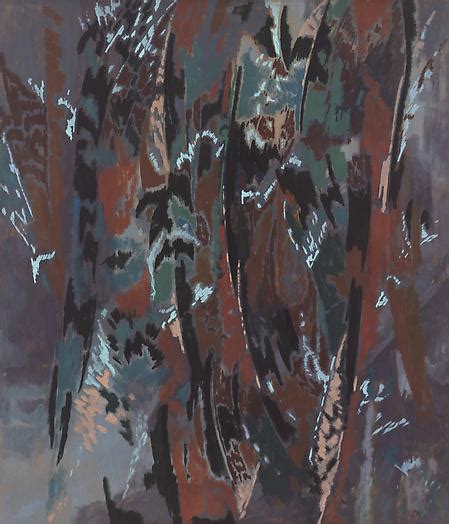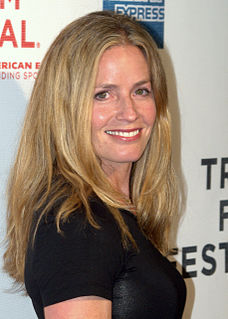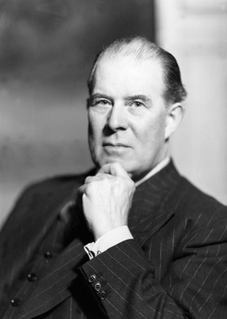A Quote by Moshe Safdie
We are producing urban places which are disjointed and disconnected and not worthy of our civilisation
Quote Topics
Related Quotes
Our use of the phrase 'The Dark Ages' to cover the period from 600 to 1000 marks our undue concentration on Western Europe. [...] From India to Spain, the brilliant civilisation of Islam flourished. What was lost to Christendom at this time was not lost to civilisation, but quite the contrary. [...] To us it seems that West-European civilisation is civilisation, but this is a narrow view.
I really feel like civilisation's already over. It's not ending but it's already done. We're all addicted to the concept that humanity equals civilisation and that's not the case. We need a global conversation to be able to decipher how we can live from this point forward. We have to redefine our relationship with our environment.
Because we're becoming such an urban nation, we're going to need to be producing so much more food in cities. These institutions have members, obviously. They have the resources to start projects like urban farms and gardens, teaching tools, and the ability to educate their members so that they can then go home and start their own urban gardens. I just really think that faith-based institutions can take the lead in creating community-based food systems, and I'd really like to see that happen.
We live in a church culture that has a dangerous tendency to disconnect the grace of God from the glory of God. Our hearts resonate with the idea of enjoying God's grace. We bask in sermons, conferences, and books that exalt a grace centering on us. And while the wonder of grace is worthy of our attention, if that grace is disconnected from its purpose, the sad result is a self-centered Christianity that bypasses the heart of God.
There are some places which, seen for the first time, yet seem to strike a chord of recollection. "I have been here before," we think to ourselves, "and this is one of my true homes." It is no mystery for those philosophers who hold that all which we shall see, with all which we have seen and are seeing, exists already in an eternal now; that all those places are home to us which in the pattern of our life are twisting, in past, present and future, tendrils of remembrance round our heart-strings.
